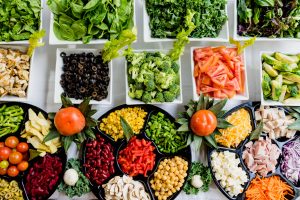 Please don’t open your bottle of Banana Boat and start sucking it down! In fact, I want to take a moment and discuss the dangers of sunscreen, the importance of sun and the best ways to protect against sunburns.
Please don’t open your bottle of Banana Boat and start sucking it down! In fact, I want to take a moment and discuss the dangers of sunscreen, the importance of sun and the best ways to protect against sunburns.
If you know me, you know I have two children…one brown skinned child and one fair skinned child. However, I follow the same rules for both of them…NO SUNSCREEN.
Why?
Well, first, I am a Vitamin D connoisseur! I love Vitamin D, and the best and most economical way to get it is from the sun.
Second, our skin absorbs every toxin we put on it because it goes directly into the blood stream. In fact, the body absorbs toxins more quickly through the skin than when ingesting them through food and beverages. Most sunscreens on the market are extremely toxic and are far from protective!
Third, UVA rays are what actually cause cancer, and 95% of all sunscreens don’t filter UVA!! However, UVB is what allows our bodies to make Vitamin D, and ironically, the over-the-counter sunscreens do filter UVB. So, wearing any sunscreen blocks the body’s ability to produce Vitamin D which is vital for hundreds of reactions in the body, including the protection against cancer.
Finally, sunburn is a type of inflammation, and because diet has a tremendous impact on inflammation in the body, addressing a person’s diet is much more important than simply slathering on the sunscreen! Plus, dietary improvements can improve other areas of health as well.

So now…what can you eat to prevent sunburn? Here’s 2 types of foods…
1. Omega 3 Fatty Acids
This is found in grass-fed meat, wild caught fish, free range chicken, organic pastured eggs.
Omega 3 fats prevent inflammation, which as previously mentioned, can cause sunburn. Plus, it helps with the redness and any aging effects caused the sun. My family enjoys a daily dose of Omega 3 from butter, wild and pastured, organic animal products as well as an Omega 3 supplement. This helps to protect against sunburns and any inflammatory disease, but when we are going to be out in the sun for an extended period of time, we double up on that dose for an extra anti-inflammatory boost.
2. Phyto-Nutrients (antioxidants)
This is most brightly colored fruits and veggies, blueberries, raspberries, kiwi, beets, red peppers, kale, tomatoes or sweet potatoes.

And to dig a bit deeper, here’s the top 3 Phyto-Nutrients…
1. Lutein
This is a photo-nutrient found in deep green and orange fruits and vegetables. It protects the skin from UV (sun) damage, and it also boosts hydration, skin elasticity and superficial lipids. Some examples are kale, spinach, chard, carrots, orange peppers, pumpkin and other squashes.
2. Beta-Carotene
Along with other carotenoids, they accumulate in the skin and provide 24-hour protection against sun damage. These carotenoids are also important for vision, immune function and bone health. Some examples are yellow and orange fruits, dark, leafy greens, squash, sweet potato, carrots, apricots, cantaloupe, spinach and kale.
3. Lycopenes
They enhance the use of stored Vitamin D and protect the skin from sun damage. Some examples are red fruits, such as tomatoes, papayas and watermelon.
Here’s the best news though…all of these wonderful foods are immune-boosters!
Yes, they are filled with important anti-oxidants and much-needed fiber. So, not only are they delicious , but they are just plain good for you too! A person can’t go wrong by including a few servings into their daily diet!

Now, let’s look at 2 types of foods that lead to inflammation and will increase the risk of sunburn…
1. Carbohydrates
2. Sugar
Carbohydrates and sugar both turn into glucose in the body, which leads to inflammation!
Now, please don’t get me wrong…glucose is very necessary for good health, but not in the quantities that the “Standard American Diet” promotes. In fact, the majority of glucose should come from fresh vegetables, fruits and some properly prepared grains, and sugar and processed grains are the leading culprits to excess glucose!
Look at these two images…
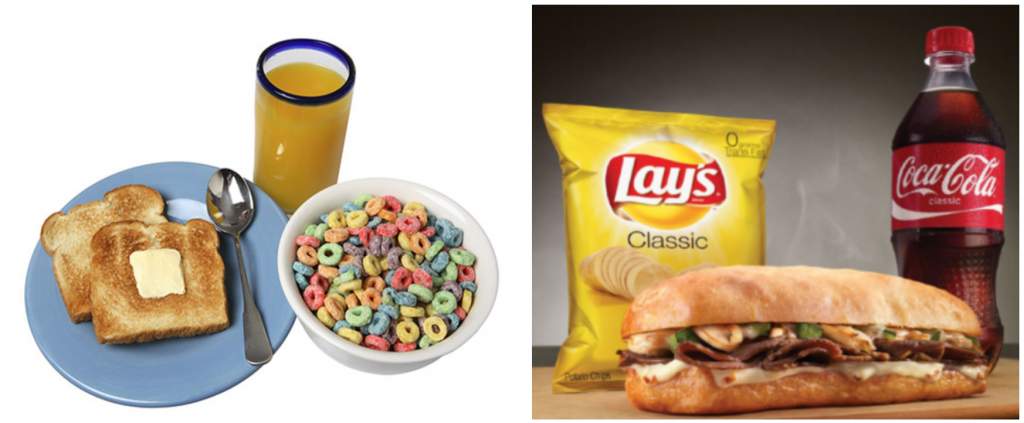
They not only represent the most commonly consumed meal for most Americans, but the American Dietetics Association actually recommends a breakfast of cereal, toast and orange juice. And sadly, besides the very small piece of butter on the toast, this breakfast is ALL GLUCOSE…aka SUGAR…which equals INFLAMMATION!
All this to say…we don’t wear sunscreen unless we are out in the direct sunlight for more than 1 hour, and we don’t get sunburns because we follow a very anti-inflammatory diet devoid of excess glucose!
My suggestion to you…“Eat Your Sunscreen,”
Stop using the dangerous “bandaid” approach by slathering everyone in your family with toxins. Be preventative by changing your diet and soaking up that Vitamin D!
And if you still feel the need to have sunscreen on hand, here are few rules to live by:
- The best sunscreen is a hat and T-Shirt.
- Cotton clothing provides SPF 15 protection.
- Use Titanium Dioxide or Zinc Oxide. These are very natural minerals that create a physical barrier between your skin and the sun.
- Here are a few healthy and toxic-free brands of sunscreen options on the market:
- Helichrysum Essential Oil
- Sandalwood Essential Oil
- Coconut Oil (Coconut Oil can be used as light protection, as it is naturally about SPF 5)
- Badger Sunblock
- California Baby Sunblock
- All Terrain Sunblock
- Avoid in these in any sunscreen:
- Vitamin A (Retinyl Palmitate) – The sunscreen industry uses Vitamin A in its formulations because it is an anti-oxidant that is thought to slow skin aging. However, a US Food and Drug Administration (FDA) study found that a form of Vitamin A, Retinyl Palmitate, may actually speed the development of skin lesions and tumors when used in sunscreen and therefore exposed to sunlight.
- Oxybenzone – 65% of non-mineral sunscreens on the US market contain Oxybenzone. This chemical penetrates the skin in large amounts and potentially trigger allergic reactions. It is also a potential endocrine-disrupting chemical that can cause hormone disruption and cell damage.
Happy “pinking”, soak up that Vitamin D and for more information, please check out Dr. Mercola’s Site.
Please Note: This post contains affiliate links. If you make a purchase using these links, there’s no additional charge to you, and I will receive a small commission from the company. This helps to cover the basic costs of this website and allows me to continue providing you with free content. Thanks so much for your support!

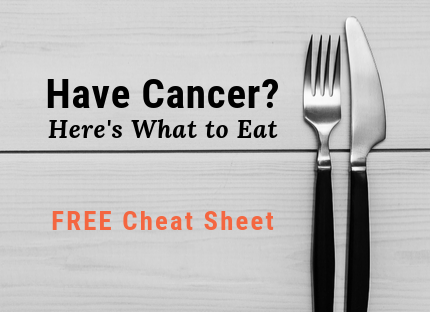
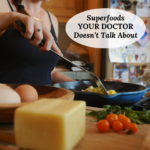

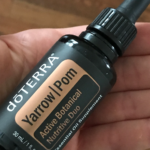
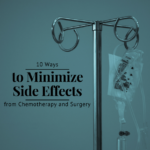
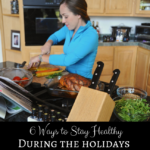



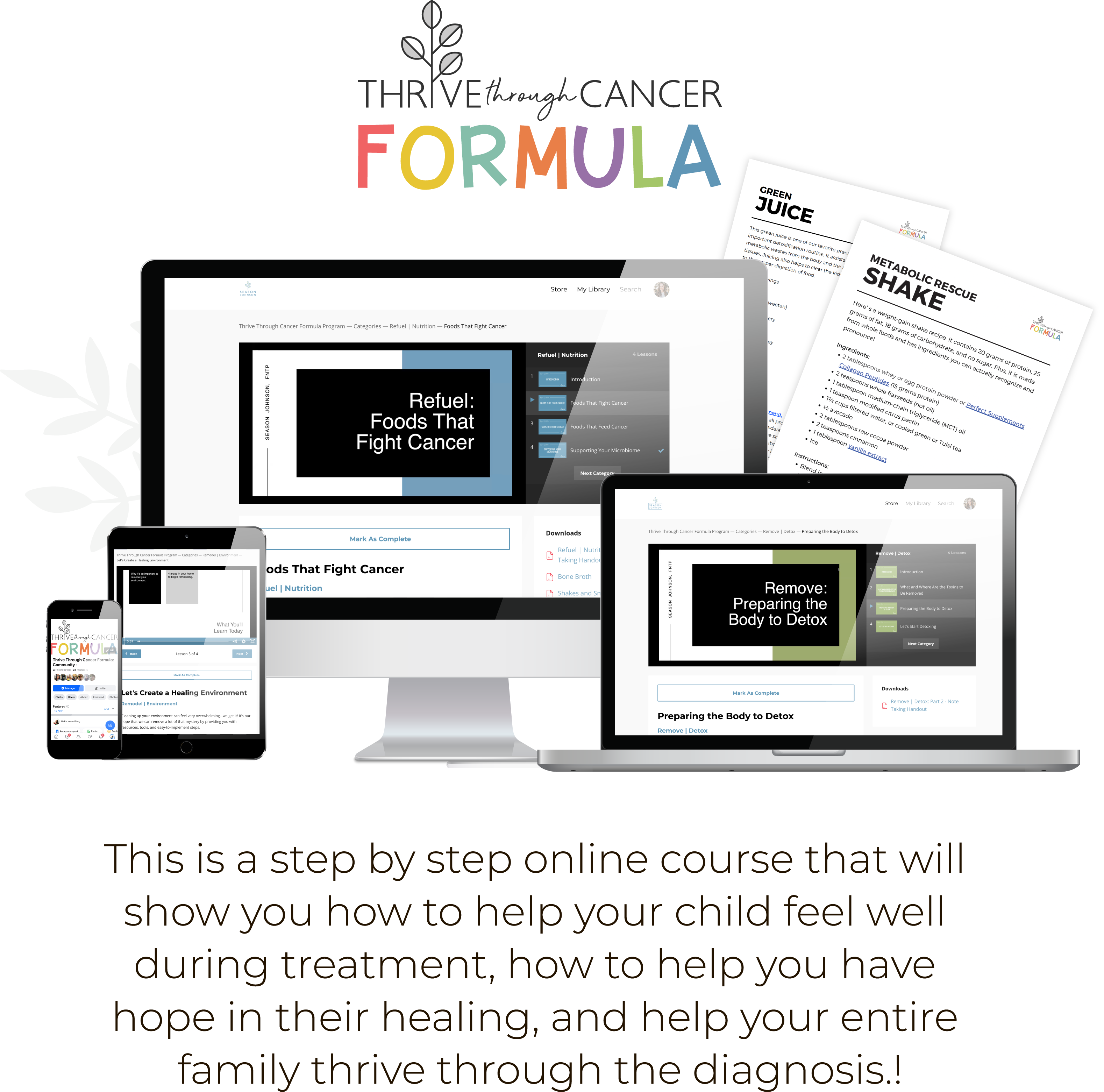


Hi Season,
I love your site and your KICcancER movement! As a former cancer dietitian turned real food blogger, I come across people often who I can refer to your excellent resources! I wanted to share for you or other readers that I sell the Green Pasture brand Butter Oil-FCLO capsules from my site for the lowest price I’m aware of online ($46), plus fast free shipping. Blessings on your family and your work!
I love this! I’ve started making our own sunscreen! And we only use it after we’ve been outside for at least 20-30 mins in direct sun! Love my Vitamin D
🙂 Love it!
What is your sunscreen mix? Can you share? Thanks from Cocoa Beach
Hi Lisa – I’m not sure I understand your question. I’ve listed some of my favorite options toward the bottom of this post…is that what you mean? Thanks!